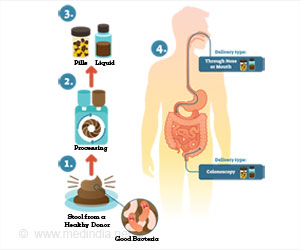After an all-nighter, your body compensates by triggering deeper, prolonged sleep, increasing restorative processes like memory consolidation and physical recovery.

‘Brain's #sleep switch found! Parvalbumin neurons control that deep, post-all-nighter sleep. #sleepscience #neuroscience #goodsleep’





This indicates that the brain has a mechanism (sleep homeostasis) that records the history of wakefulness and compensates for the sleep needed based on that history. However, the mechanism of sleep homeostasis in the brain is not well understood. Unraveling the Mystery of Rebound Sleep
By experimentally depriving mice of sleep, this research group showed that PV-expressing neurons in the cerebral cortex are activated when sleepiness increases and rebound sleep occurs.Furthermore, they elucidated that the activation of calcium/calmodulin-dependent kinase II (CaMKII), a protein phosphorylation enzyme, causes rebound sleep by activating PV-expressing neurons in response to sleepiness.
This study reveals a part of the molecular and neural mechanisms of sleep homeostasis, one of the major mysteries of sleep science. These results are expected to lead to the development of methods to appropriately control sleepiness while quantitatively monitoring it.
Source-Eurekalert















